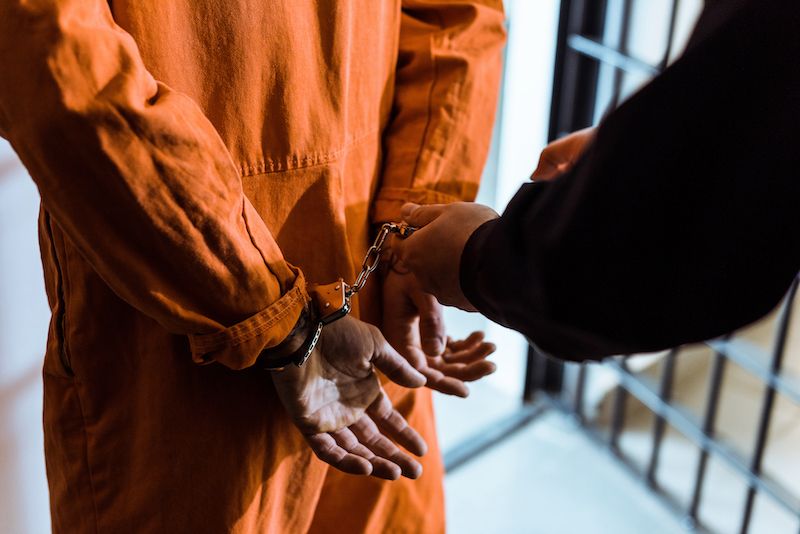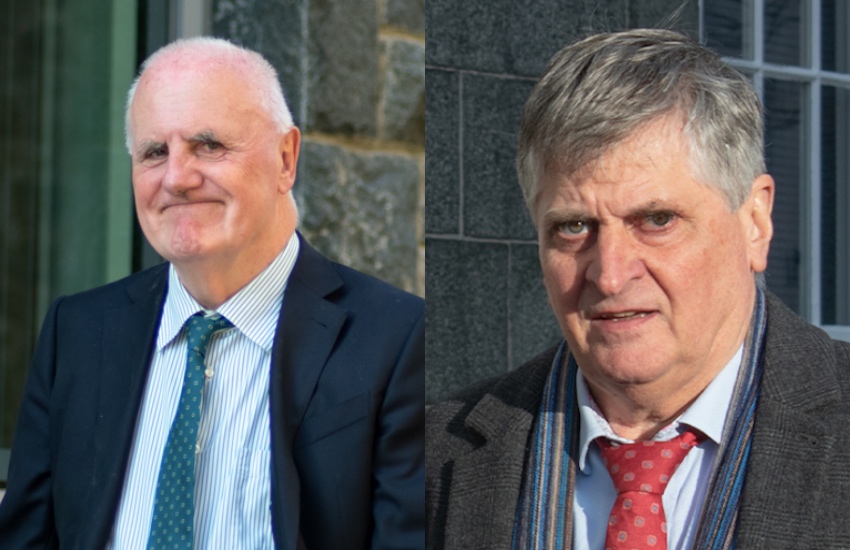


An attempt to make standing for election more restrictive for those convicted of serious crimes won’t be strongly opposed by SACC despite concerns over a misunderstanding in the original wording of the Committee’s plans.
The States Assembly & Constitution Committe want to change the law to only restrict those convicted of electoral offences, fraud, or corruption from standing.
But a challenge is being made to instead make it harder for those with long prison sentences and those currently incarcerated.
That’s being led by Deputies Rob Prow and Peter Ferbrache and includes restricting anyone with a six-month or longer prison sentences from being on the ballot paper if their sentence was within five years of polling day.
An official advised the committee last week that the proposed changes were intended to make candidacy less restrictive, in line with recommendations made by electoral experts who visited the island after the 2020 election.
They added that if the amendment succeeded it would introduce a system more restrictive than what’s currently in place.
There were also concerns that Deputies Prow and Ferbrache had misunderstood the wording of SACC’s suggested restrictions for candidates - interpreting “electoral offences, fraud or corruption” to each relate to specific electoral crimes rather than fraud and corruption separately.
Deputy Prow has since told Express that he has received further legal advice which supports that position but said he and Deputy Ferbrache still wish for other types of offenders prohibited from standing in the interests of a “safe and secure community”.
He added that the current restrictions have “held us in good stead over many elections”.

Pictured: Deputies Peter Ferbrache and Rob Prow will make their case to the States this week.
“Although [SACC] do refer in the policy letter to ‘corrupt practices as defined by the Representation of the People Act 1983’, the reference to fraud and corruption in the recommendations were meant to apply to offences generally under Guernsey law and the specific electoral offences were simply not defined,” Deputy Prow said.
“Be that as it may, this would still permit persons convicted of serious violent offences, serious sexual offences, and some offences of dishonesty which might not be covered by the references to fraud and corruption, from standing as a deputy."
He said the pair remain “very concerned by the inadequacy and lack of clarity of the wording... and exactly what convictions SACC would restrict eligibility, including those serious offences which affect our international, standing such as money laundering".
SACC had agreed to clarify the alleged misunderstanding via email with all States members, as an email chain discussing it cascaded on while the meeting was held. However, Deputy Prow said on Saturday he was still yet to receive comment from the Commitee.
President Deputy Carl Meerveld said during the meeting that SACC would “remain ambivalent” to the amendment and allow the States to decide whether to liberalise or tighten up the restrictions.
Other members agreed with this position. Deputy Simon Fairclough said it would be “interesting to hear what the views of the Assembly are”, while Vice-President Deputy Gavin St Pier said he could “see the argument for at least retaining the current rules”.
The amendment prompted debate on social media after it was published. Policy & Resources Vice-President Deputy Heidi Soulsby said she suggested to SACC last term that all deputies should undergo a police DBS check.
“If it is required for candidates, they need to know far enough in advance to have it in place before they put their names forward. That might not be a bad thing, I guess,” she said.
The election policy letter and two amendments will be considered at this week’s States meeting which starts on 24 January.
Comments
Comments on this story express the views of the commentator only, not Bailiwick Publishing. We are unable to guarantee the accuracy of any of those comments.